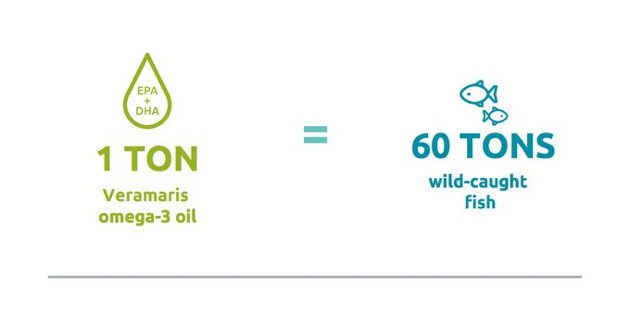Statement by Kevin Fitzsimmons, professor at the University of Arizona and judge and chair of the F3 Challenge
The recent announcement by TESCO, one of the largest grocers in the world, of reducing the amount of wild-caught fish used to feed the farmed salmon sold in its over 3,400 stores is another key step in conserving forage fishes and moving towards more sustainable aquaculture practices. By encouraging fish farmers to utilize oils rich in omega-3 produced by algae, TESCO has recognized that the ingredients needed to raise healthy fish for consumers can be more efficiently harvested directly from algae without having to capture the fish from the ocean, and processing them back down to fishmeal and fish oil. Veramaris, the joint venture producing the algal oil, converts carbon dioxide into algae biomass and nutritious fatty acids instead of burning fuel through fishing boats towing heavy trawl nets. Their oil removes CO2 from the atmosphere rather than generating vast quantities of it.
The Future of Fish Feed (F3) Initiative is committed to supporting and encouraging these efforts to develop more sustainable aquaculture while at the same time conserving sardines, anchovies, herrings, mackerel and other fish that are a critical part of the food web supporting marine mammals, birds, salmons, tunas, and many other commercially valuable food and sport fisheries. The F3 team applauds TESCO and others who are leading the seafood industry to develop more sustainable feeds so that farm-raised and wild-caught seafood continue to exist in the future.

